Catholics have distinct beliefs and practices that aren’t all from the Bible. Concepts like papal infallibility, priest celibacy, and indulgences have developed over centuries but aren’t followed by every denomination.
The Role of Saints
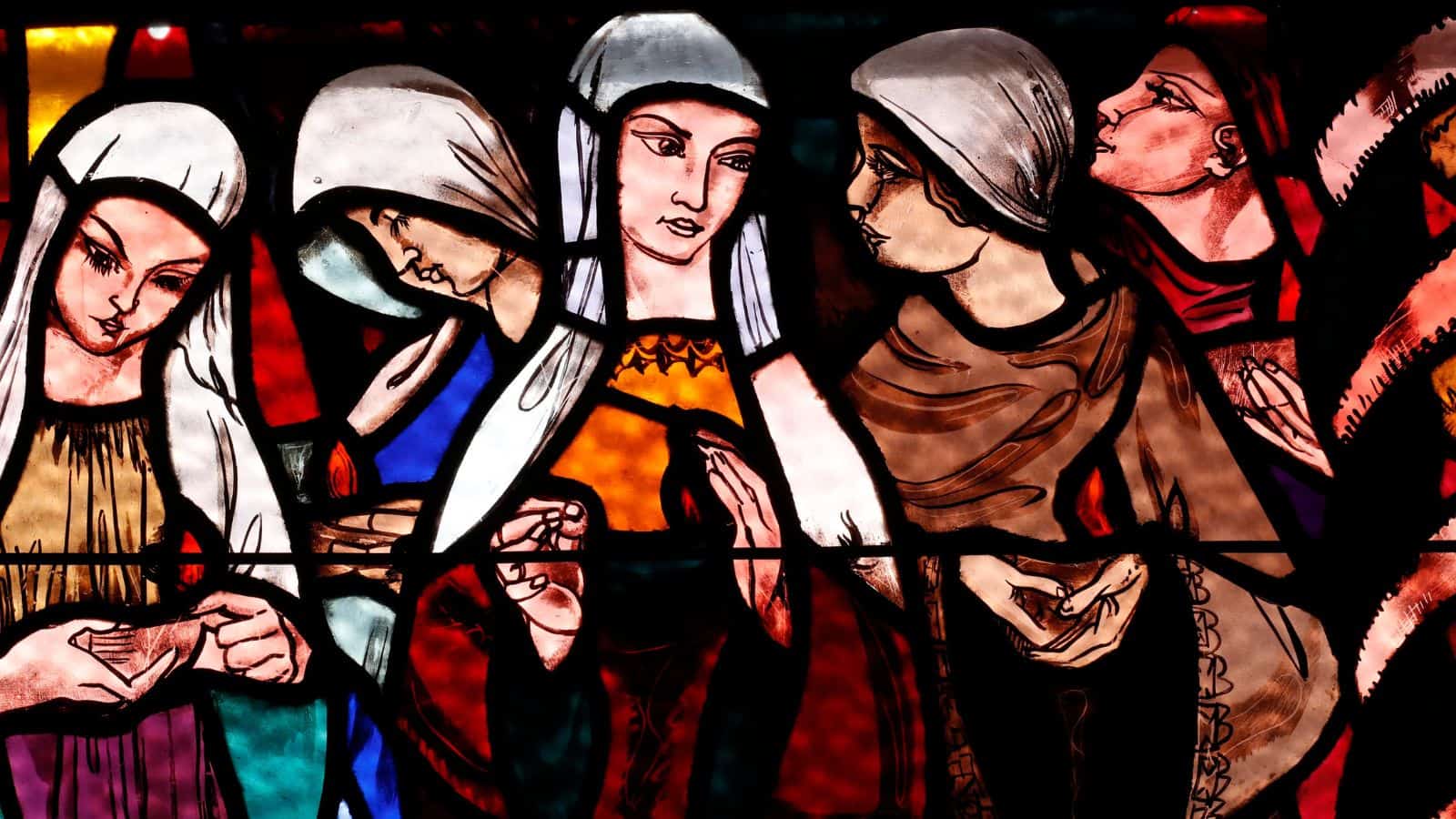
The Bible does not explicitly mention the veneration of saints. Catholics don’t worship saints, but they honor them by making a sign of the cross before a saint’s icon or statue, and many go on pilgrimages to sites associated with saints.
Transubstantiation
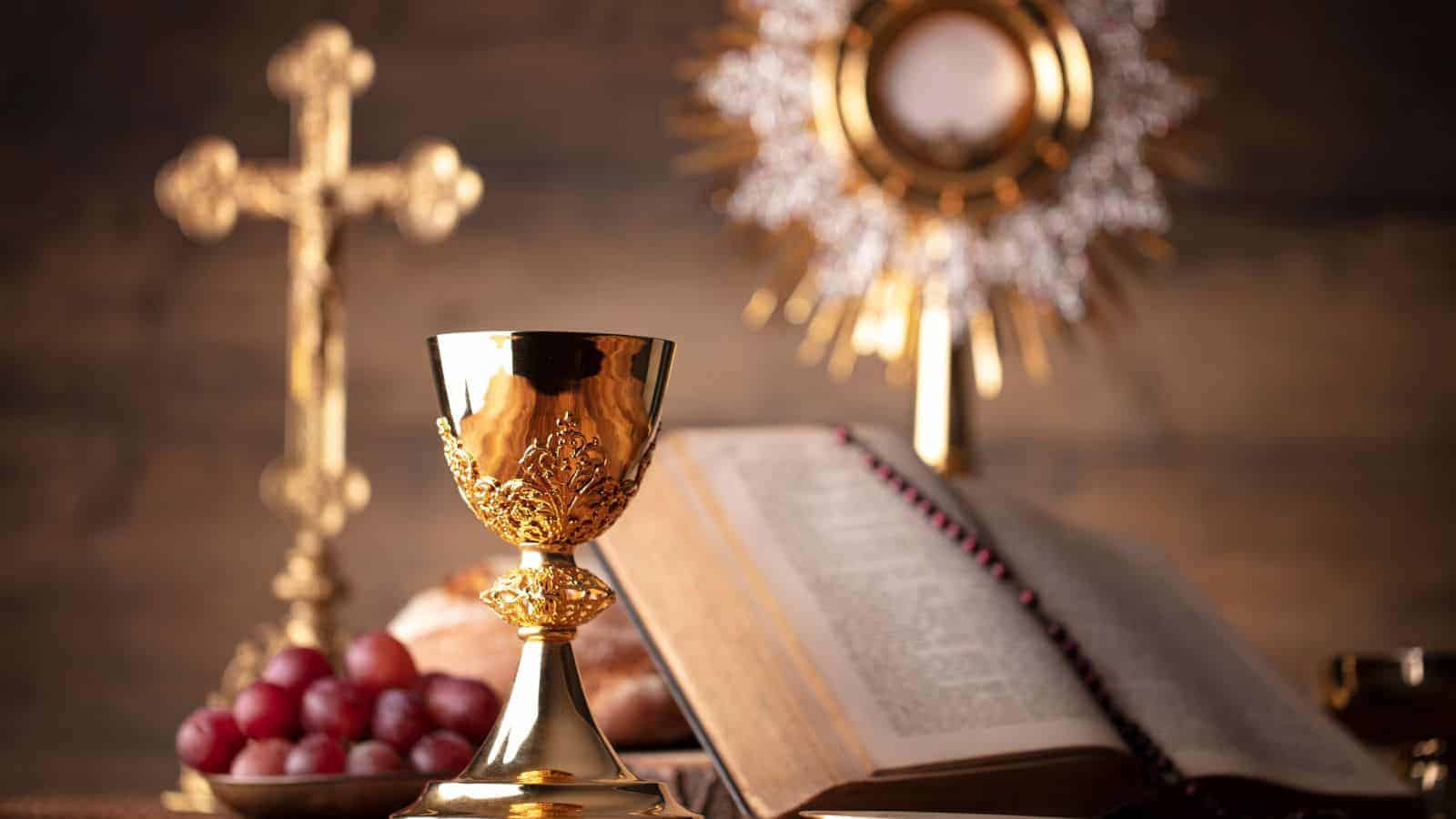
This belief or doctrine holds that the bread and wine become Jesus’s body and blood during the Eucharist. It has no direct biblical foundation but is interpreted through Jesus’s words at the Last Supper. The doctrine was defined at the Fourth Lateran Council in 1215 and has become an important part of the Catholic mass.
The Immaculate Conception
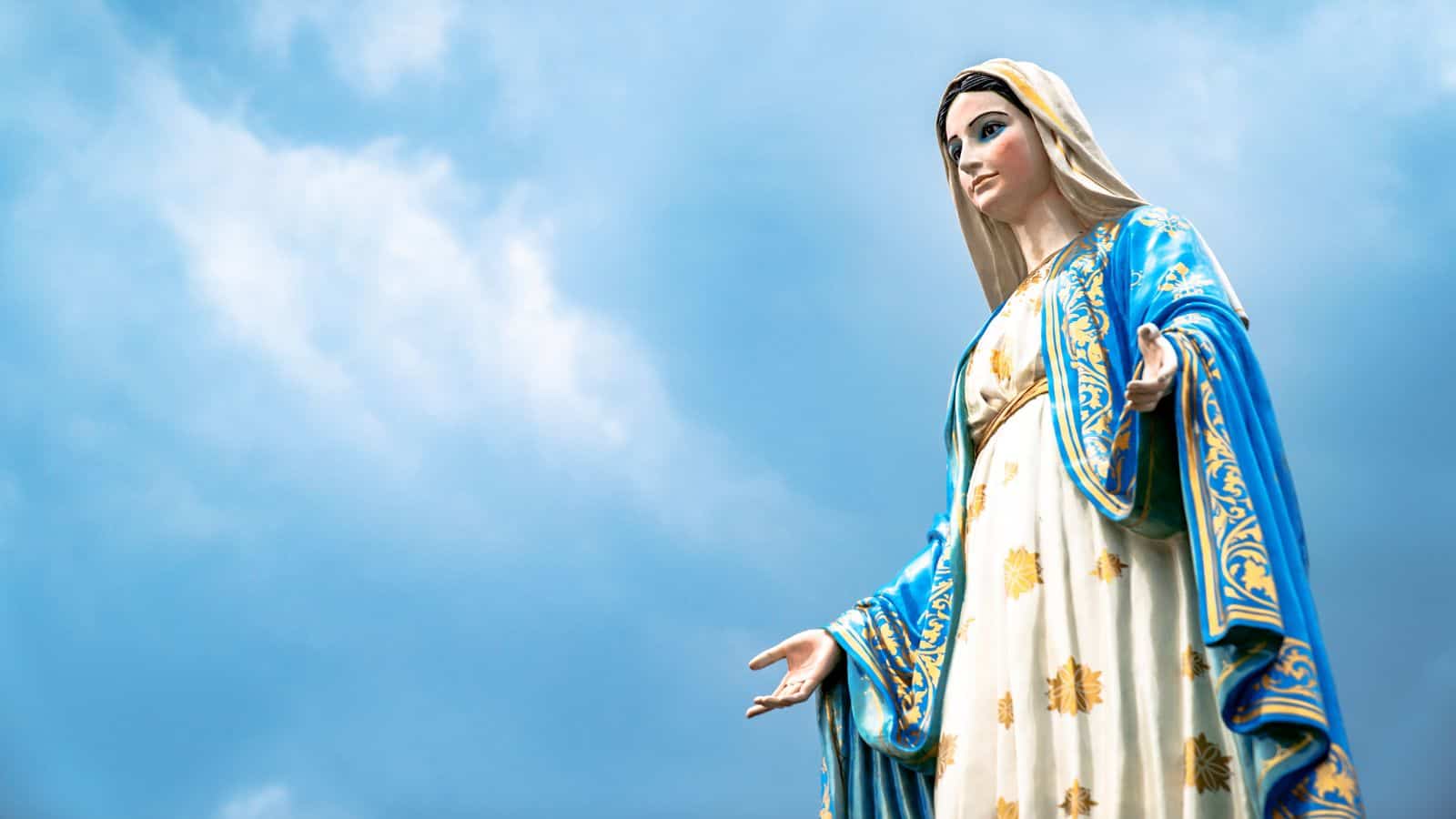
The Immaculate Conception is the Catholic belief that Mary was free from Adam and Eve’s original sin from the moment of her conception. Britannica explains that despite various Old and New Testament texts having “been cited in defense of the doctrine, it seems to have arisen from a general acceptance in the early church of Mary’s holiness.”
The Seven Sacraments
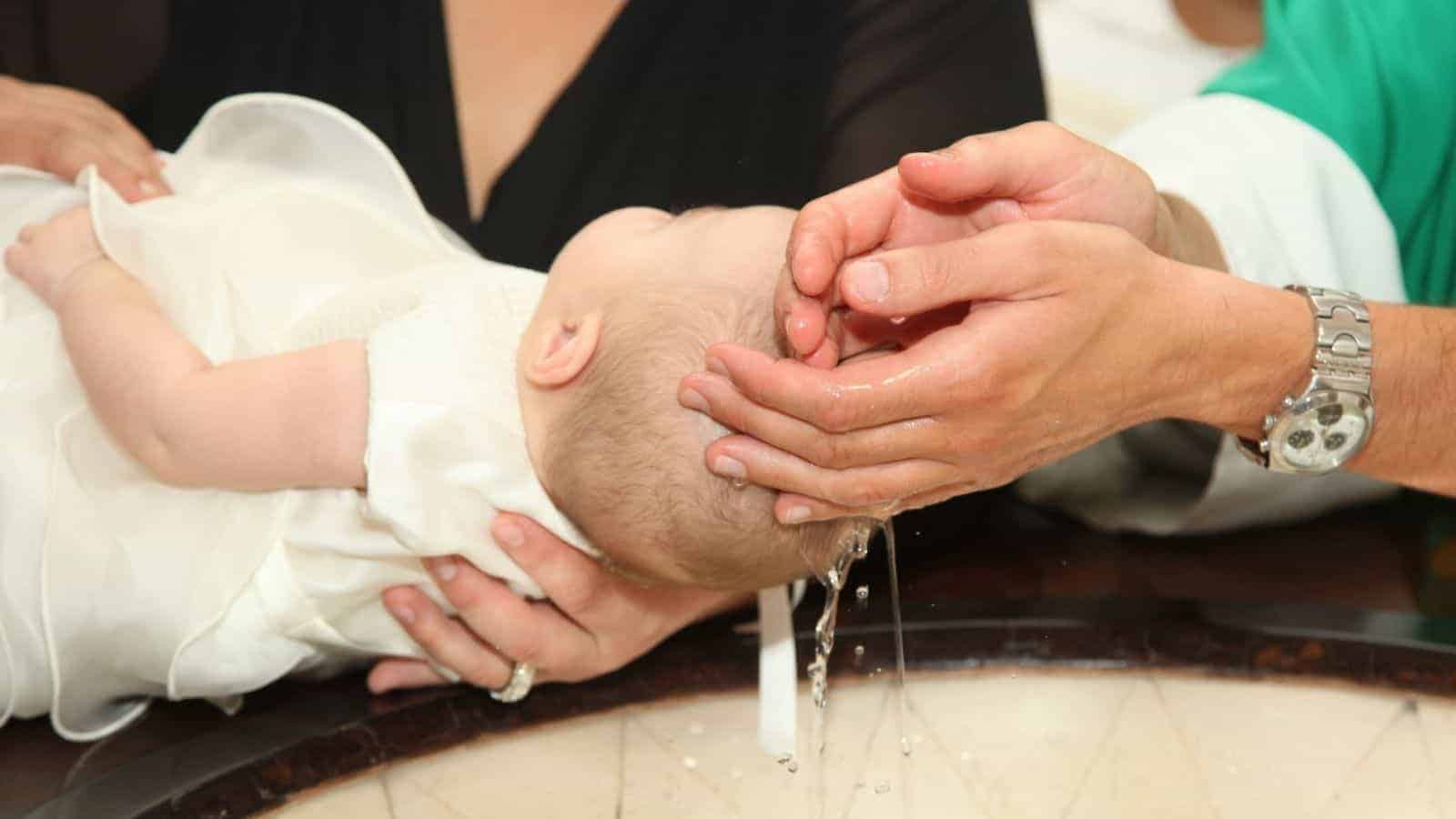
The Bible only directly mentions two sacraments, Baptism and the Eucharist. The other five sacraments were developed through church tradition and councils, and Catholics believe they are a channel for God’s grace.
Celibacy of Priests
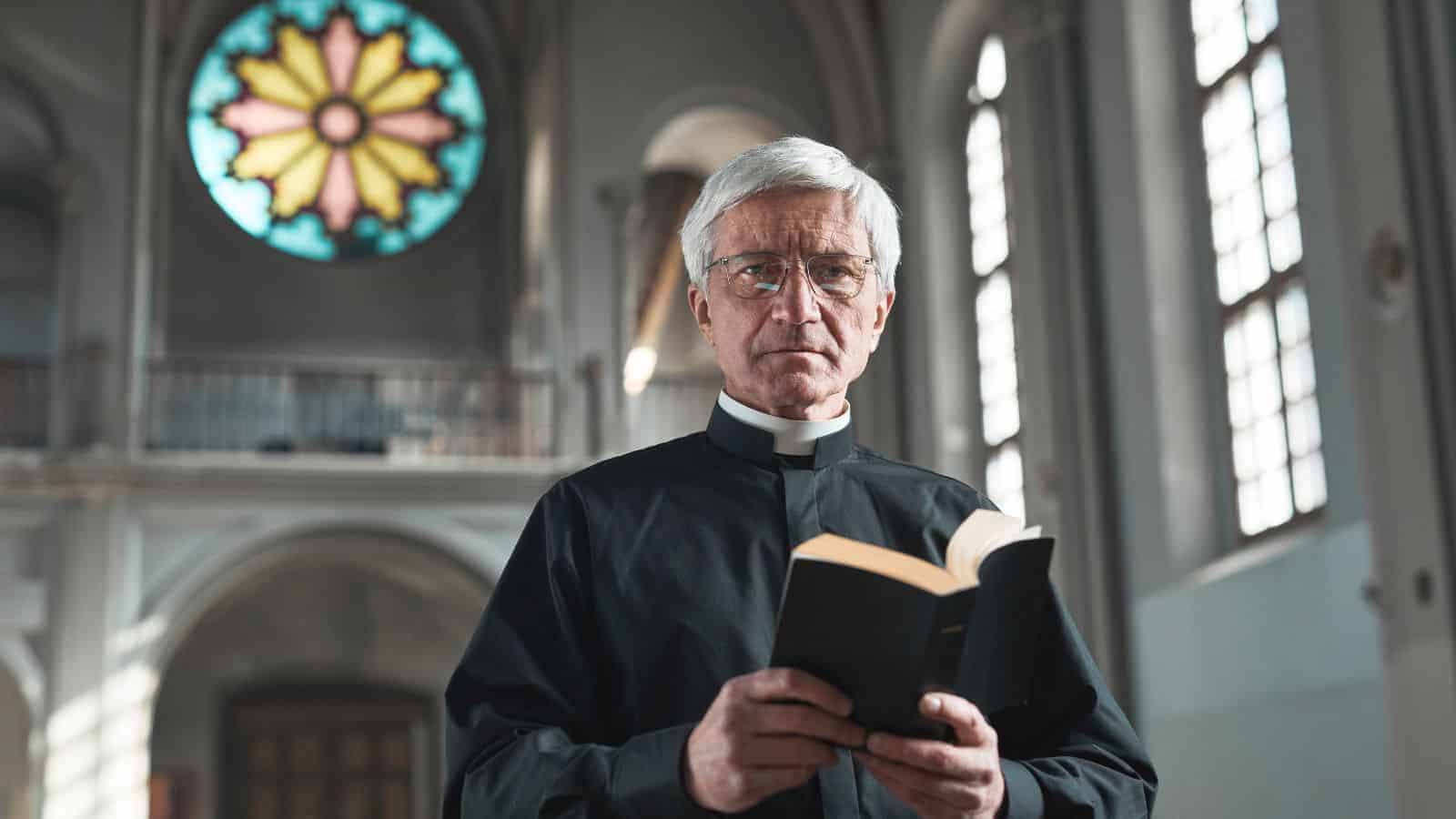
Scripture doesn’t mandate priest celibacy; Peter and other apostles were married. Clerical celibacy started in the Catholic church in the 11th century and became a formal part of canon law in 1917.
Papal Infallibility
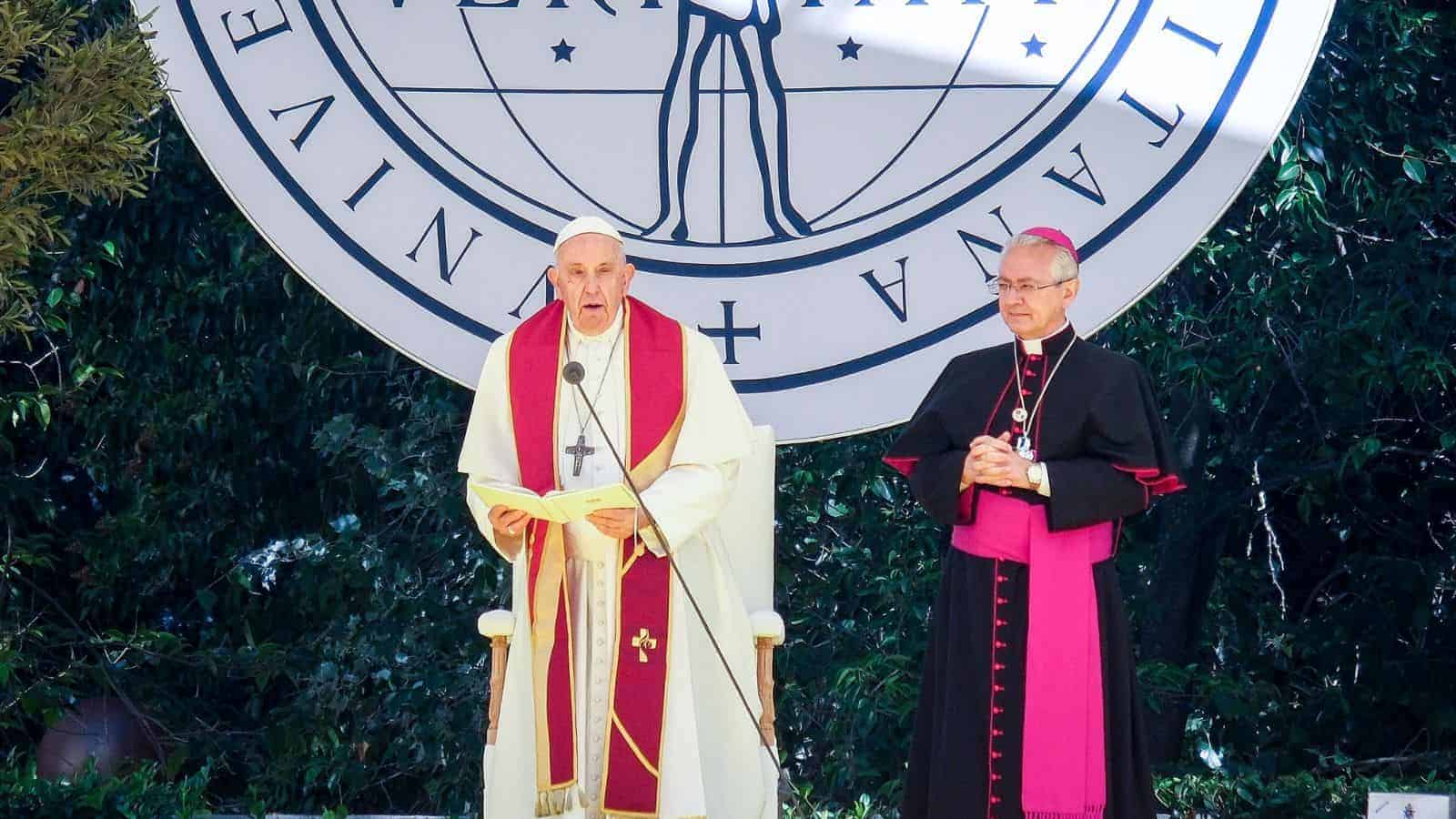
Papal infallibility is the Catholic dogma that the Pope is a supreme teacher and can’t err when teaching about faith or morals. It doesn’t directly appear in the Bible and was declared at the First Vatican Council in 1870 after being a part of the church’s history for centuries. Catholic Answers argues that the doctrine is “implicit” in John 21:15–17, Luke 22:32, and Matthew 16:18.
The Canonization Process
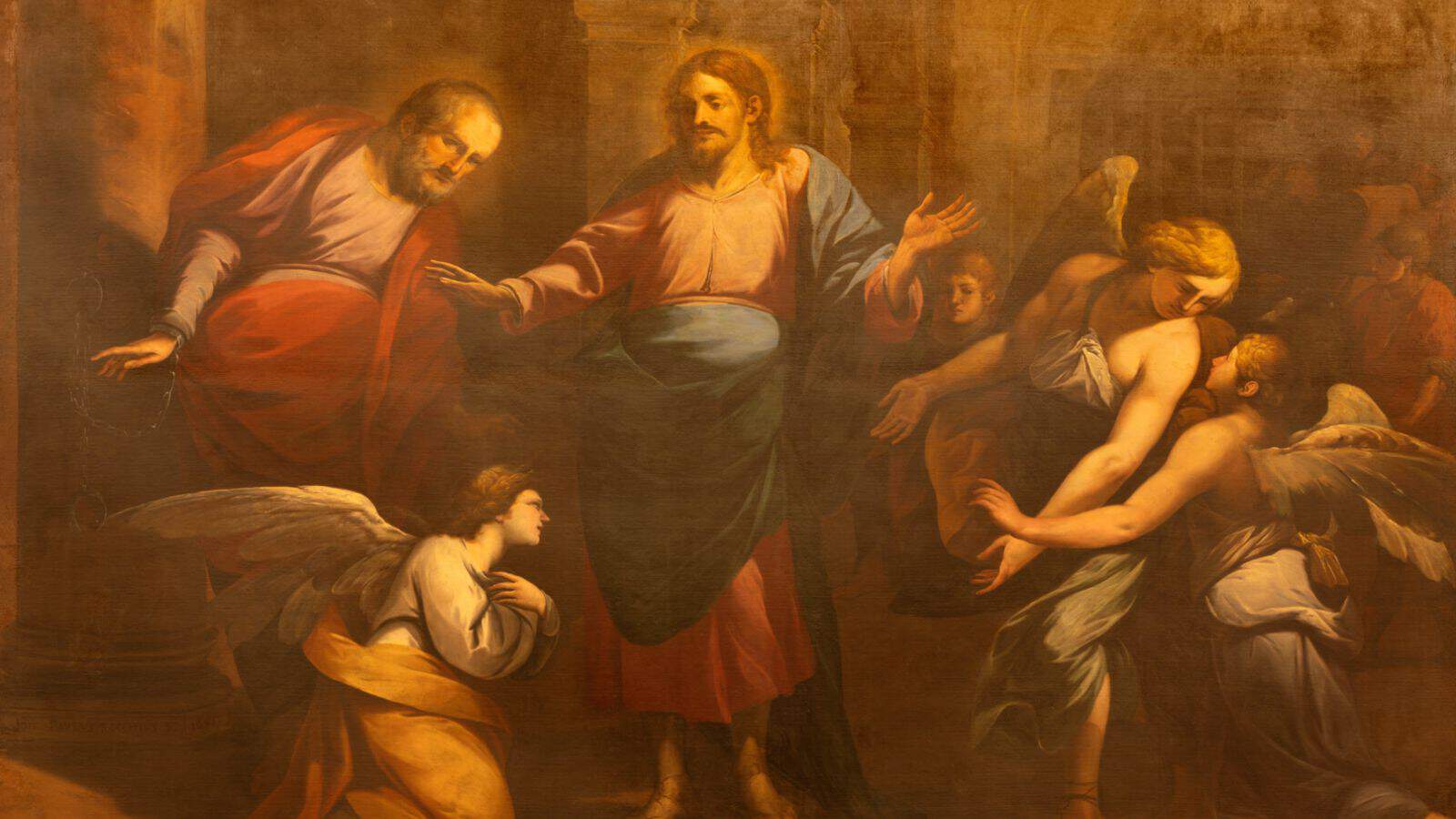
Canonization is the formal process of declaring someone a saint. It’s not a biblical practice, and it began in the Middle Ages but has continued since then. Carlo Acutis, a London-born Italian boy who died of leukemia in 2006, is set to become the first millennial saint.
The Use of Holy Water
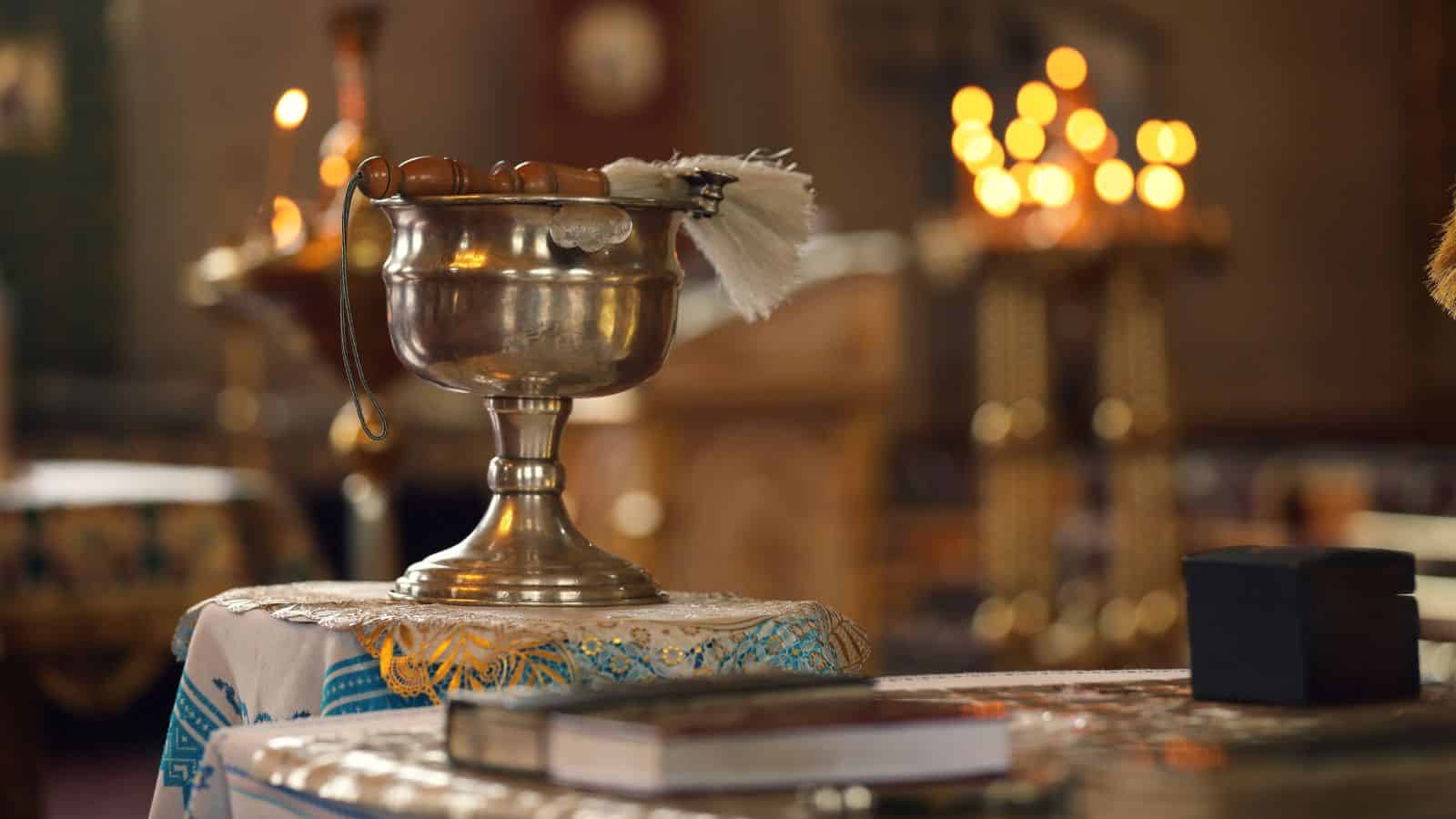
There’s no direct biblical instruction to use holy water in prayer and rituals. It comes from the early Christian practices of blessing water for baptism and protection and is used in the Catholic church to bless people, places, and objects.
The Sign of the Cross
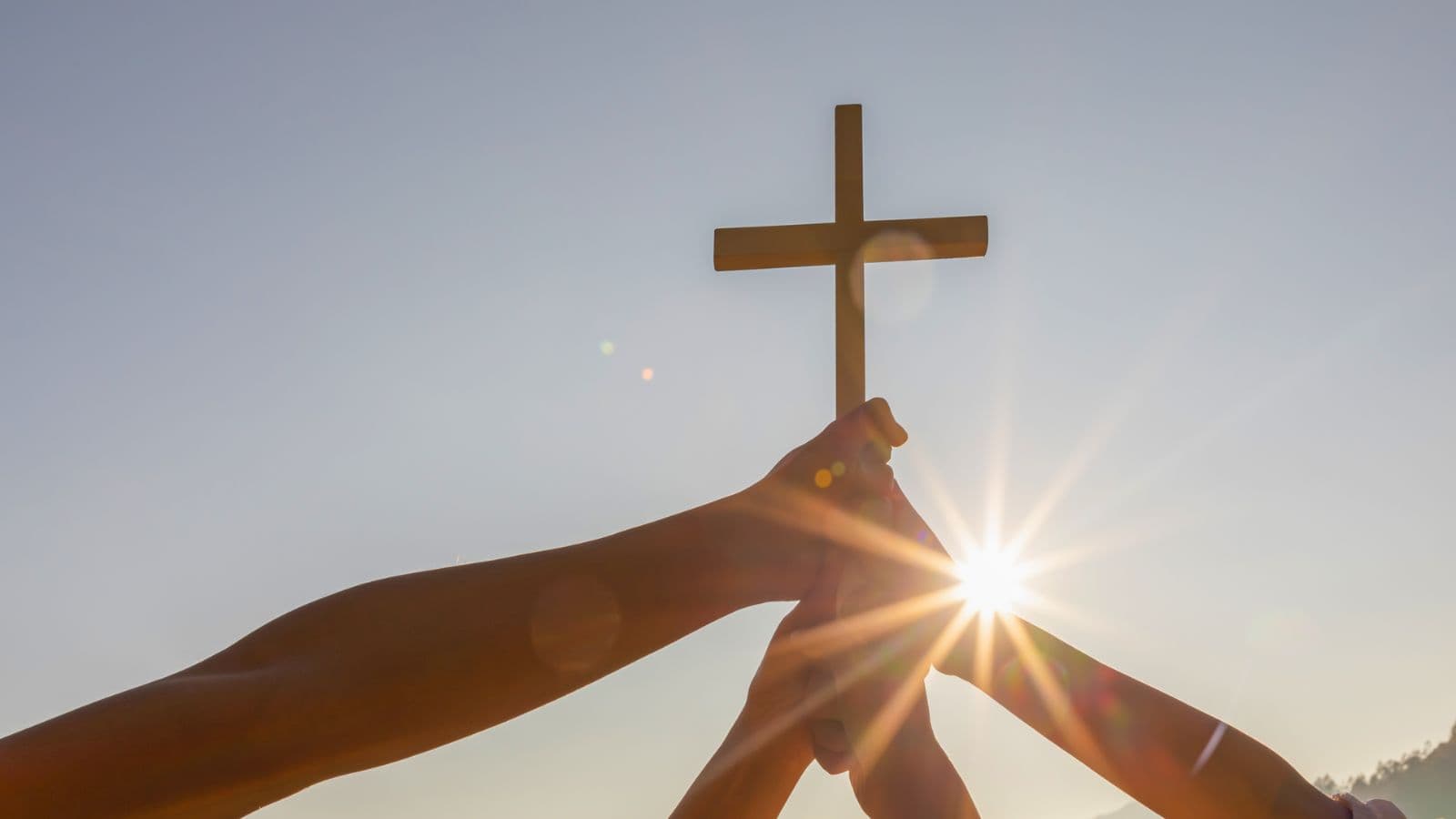
Roman Catholics are known for making the sign of the cross after their prayers, which symbolizes the Holy Trinity and Jesus’s sacrifice. Some Protestants also make the sign, and it’s common in the Eastern Catholic and Eastern Orthodox churches.
The Assumption of Mary
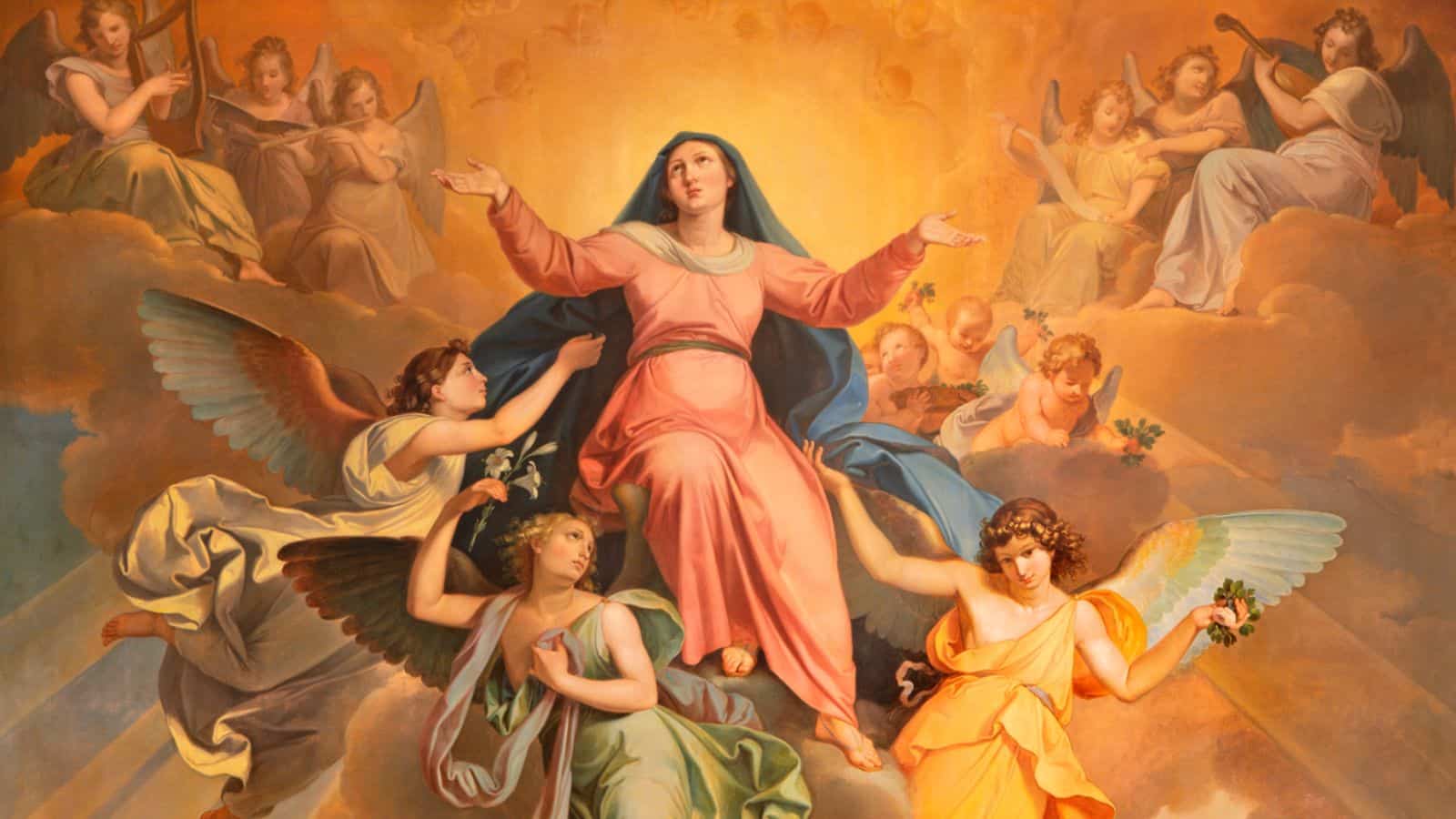
The Assumption of Mary is the Catholic belief that when Mary died, her body didn’t decay; it was “assumed” into heaven to be reunited with her soul. There are no biblical references to Mary’s assumption into heaven. The Boston Public Library explains, “In 1950, Pope Pius XII declared the Assumption of Mary official dogma of the Roman Catholic Church.”
Relics
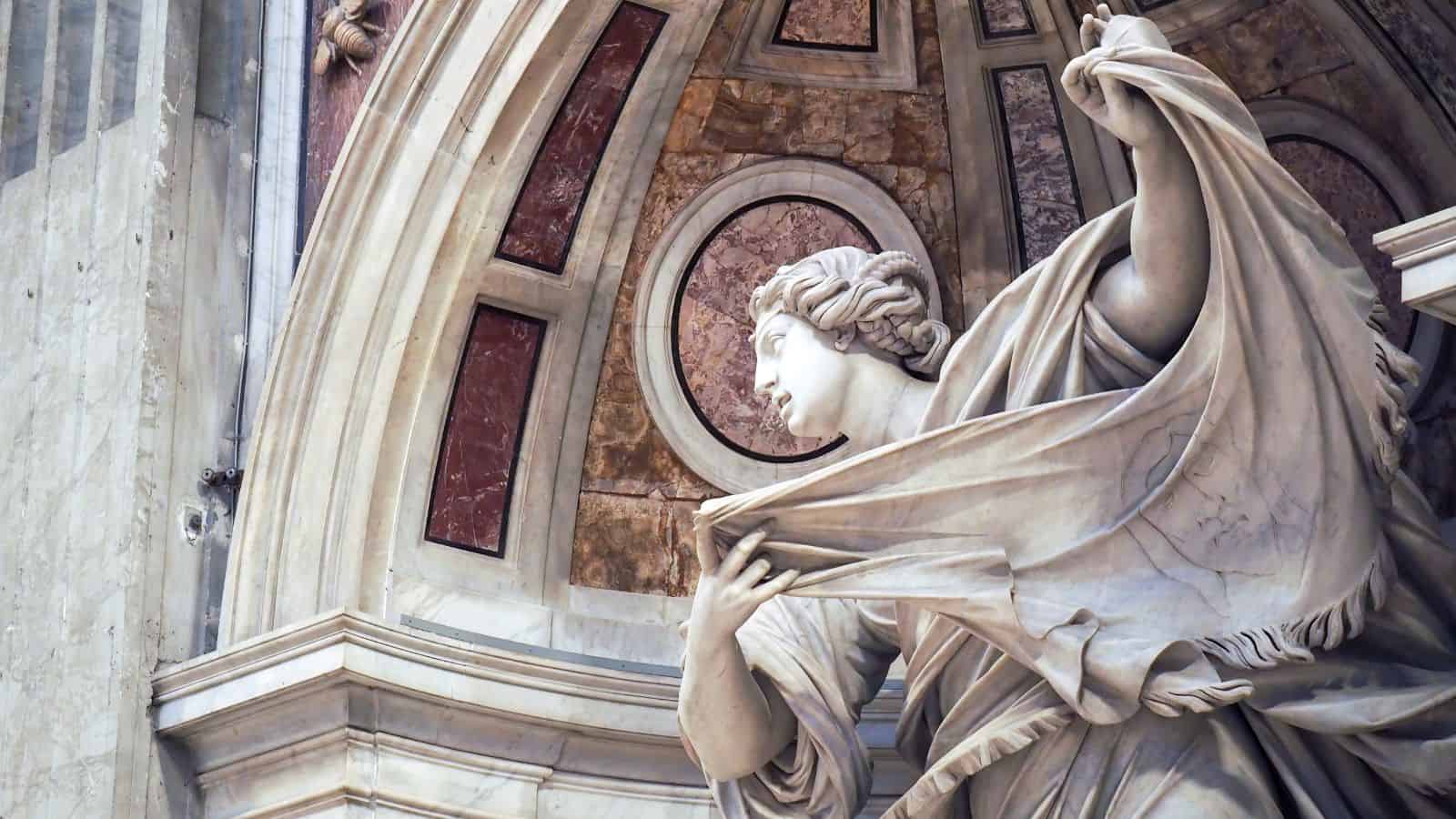
The veneration of relics isn’t found in the Bible but developed from early Christian practices of honoring martyrs. St. Thomas Aquinas argued that it was natural to cherish relics, and in 1563, the Council of Trent affirmed that it was permitted.
The Apocrypha

The Apocrypha are books included in the Catholic Bible but not in the Protestant Bible. They’re not considered canonical by Jewish or early Christian traditions but are considered useful non-canonical books by some Protestants.
Indulgences
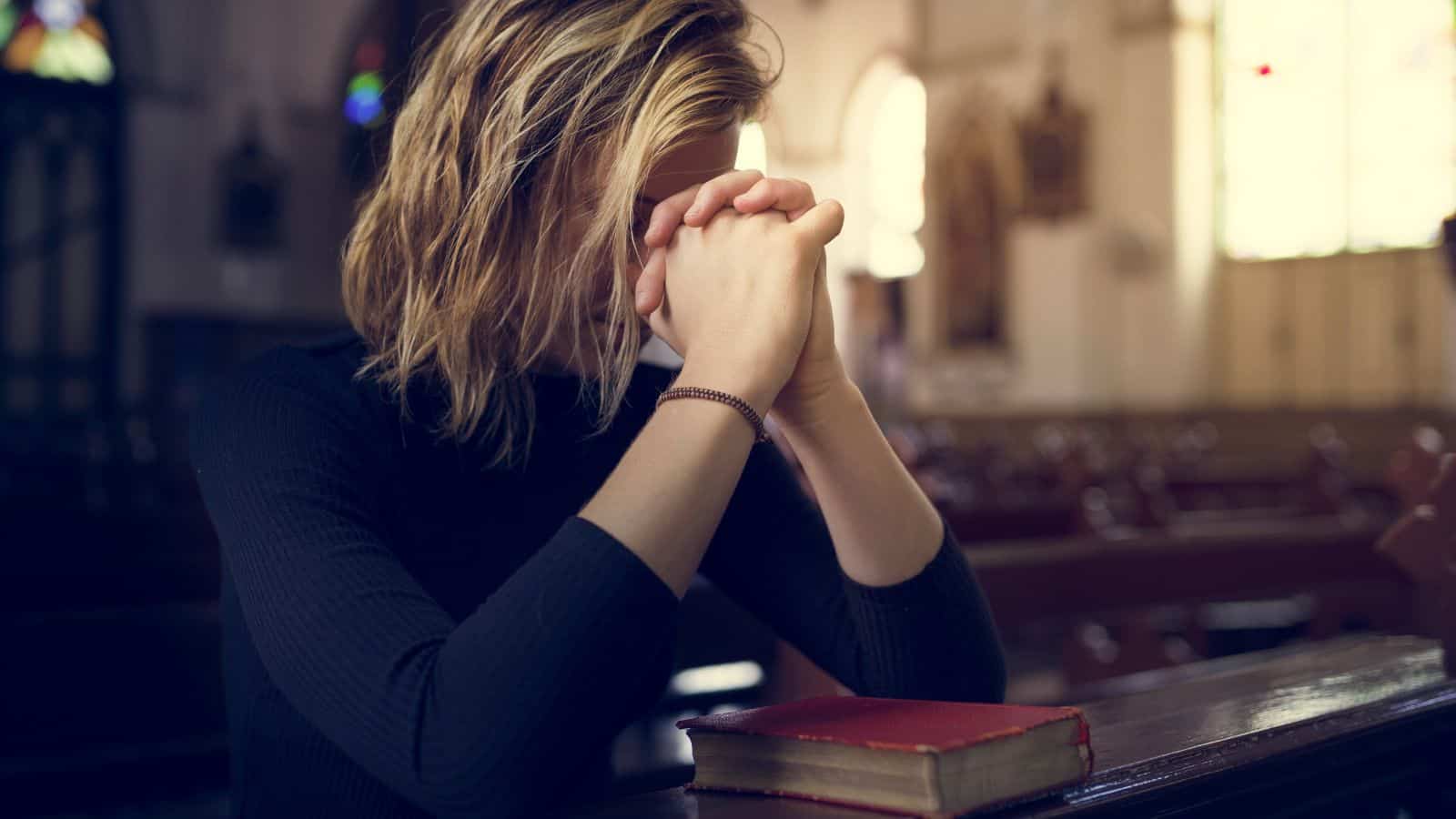
The practice of indulgences developed in the Middle Ages to reduce time spent in purgatory and isn’t supported by direct biblical text. It’s still a part of Catholicism but is no longer quantified or tied to a financial act.
Purgatory
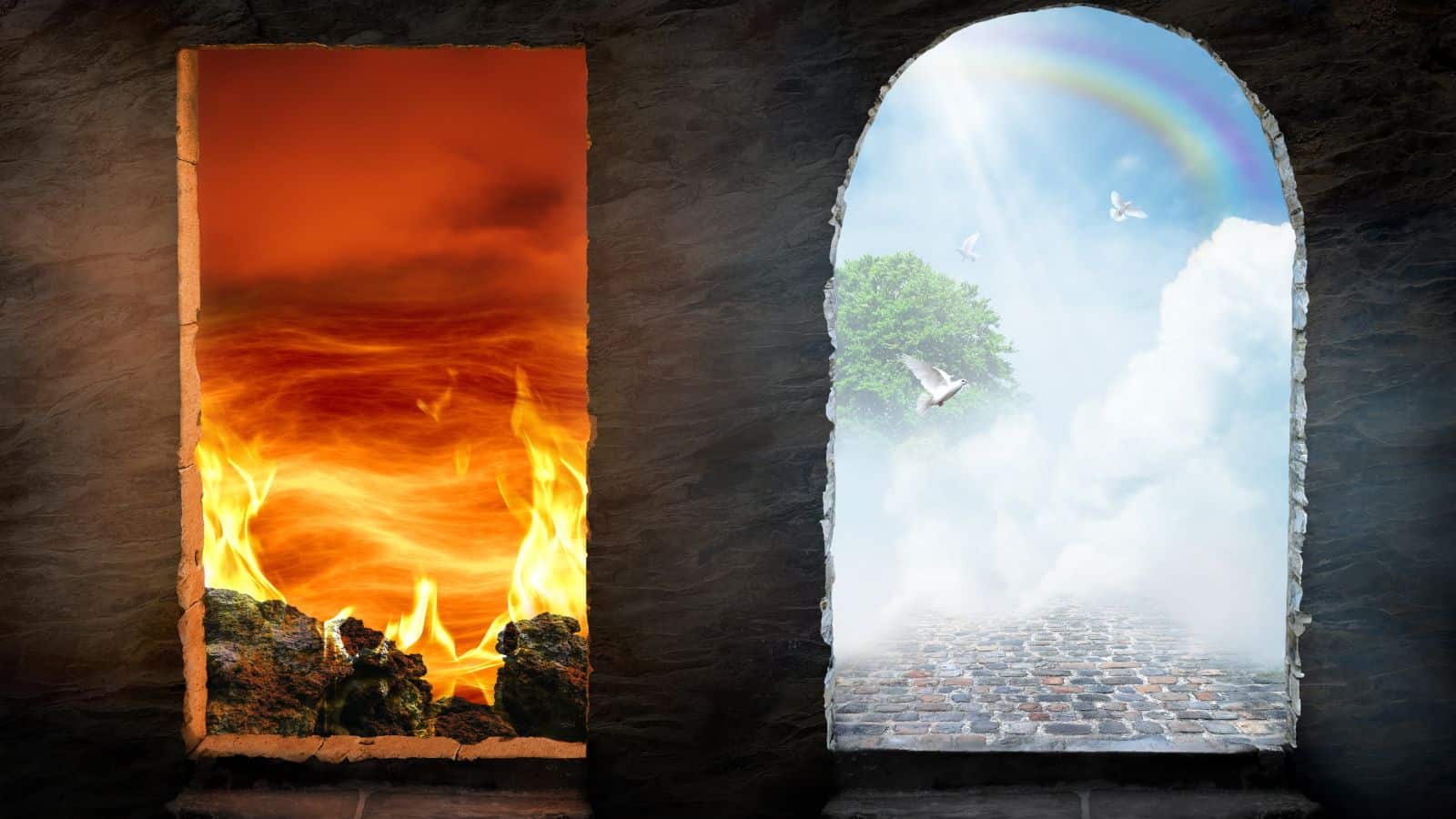
Catholics see Purgatory as a place of purification for souls before entering heaven. It has no direct spiritual basis, but Britannica explains that Catholics “cite biblical passages in which there are intimations of the three major components of purgatory” and that the concept “was defined at the councils of Lyon (1274), Ferrara-Florence (1438–45), and Trent (1545–63) after a prolonged period of development.”
Confession to a Priest
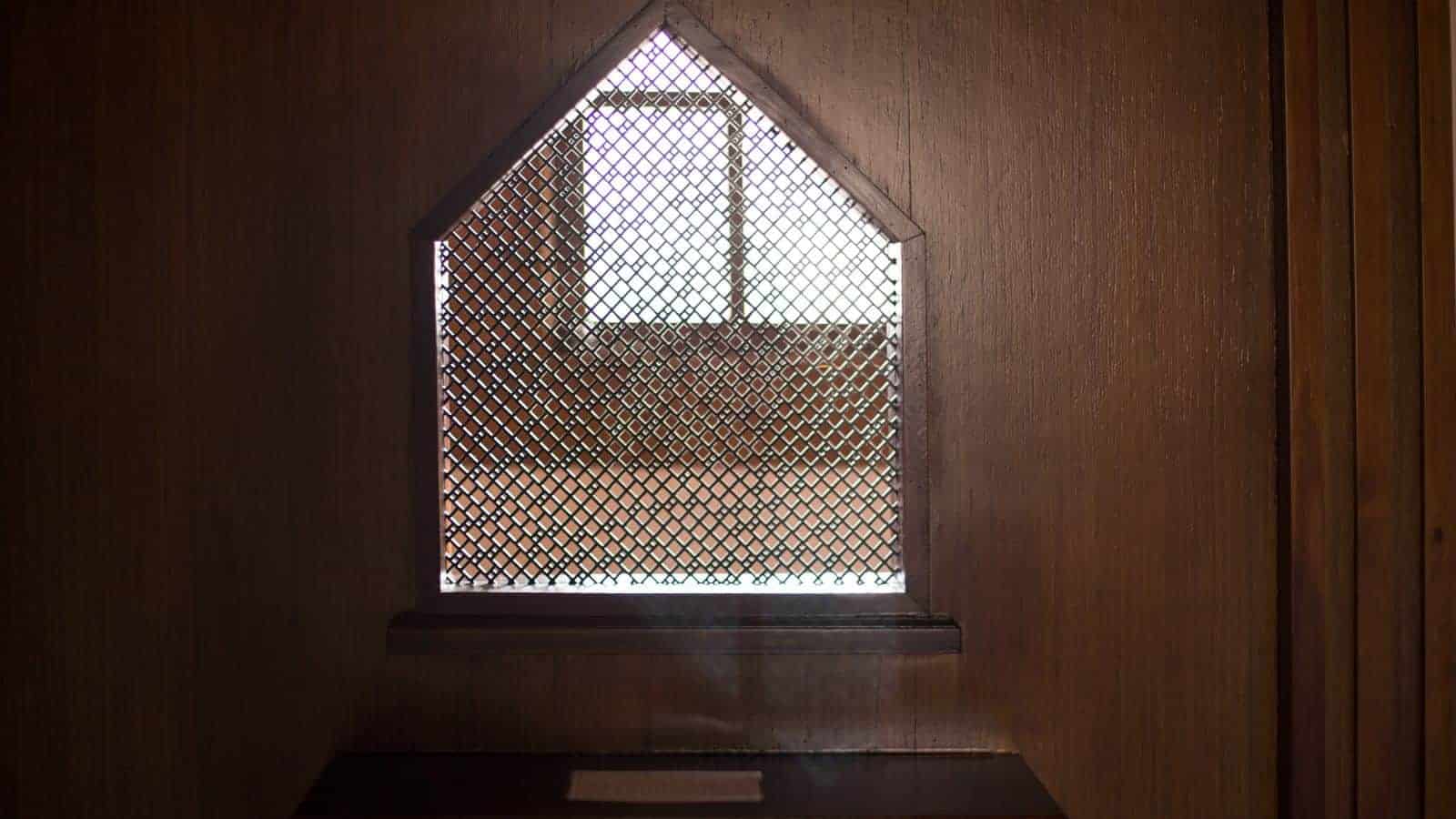
Confessing sins to another person is mentioned in the Bible, but not specifically to priests. The practice developed as a formal sacrament of penance and reconciliation and often occurs today in confessionals, which allows anonymity.
The Concept of Limbo
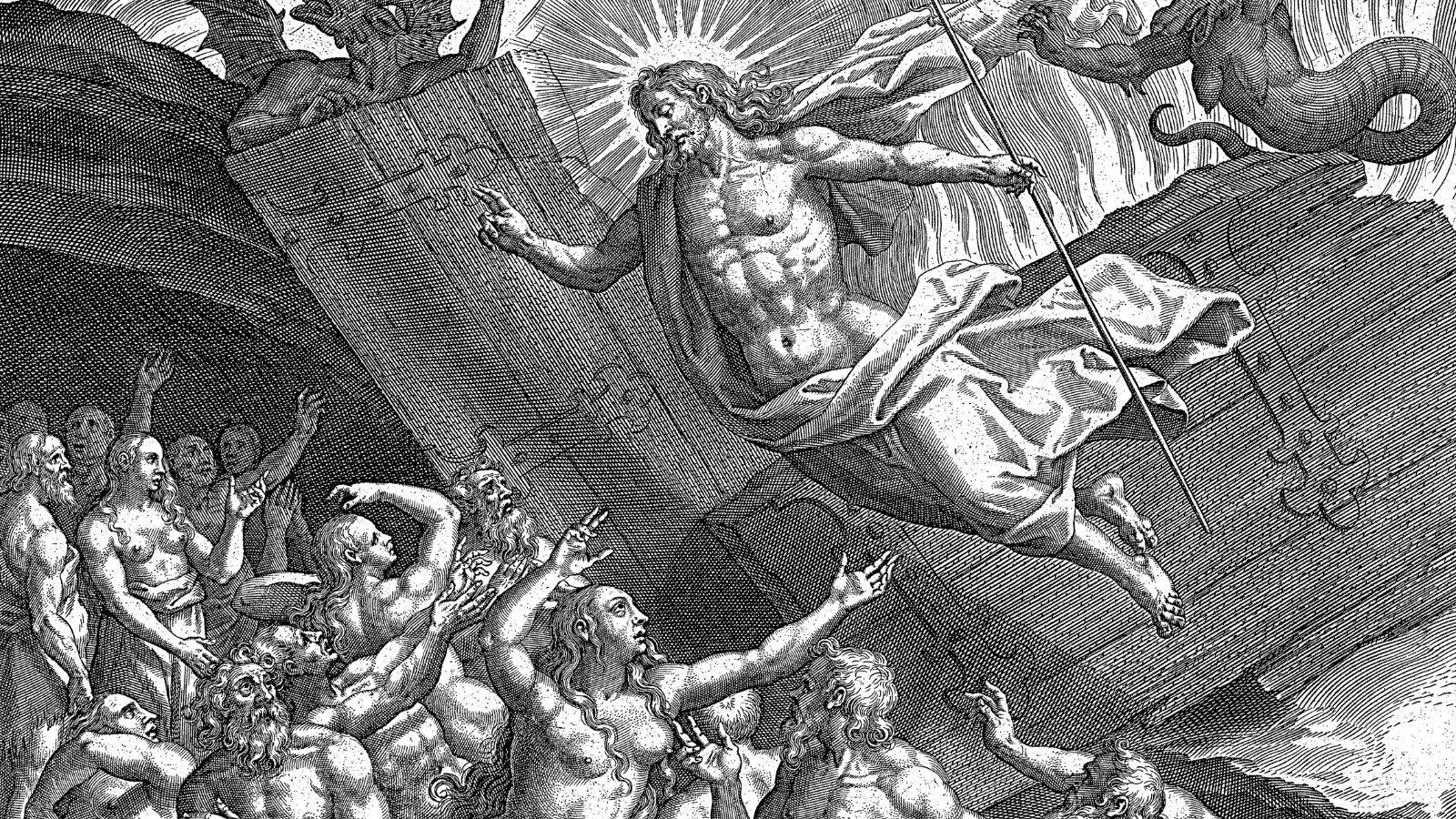
In Catholicism, limbo is the border place between heaven and hell for people who have died unbaptized. Catholics don’t commonly teach it, and belief in the concept has declined in recent decades.
The Rosary

The rosary is a set of Catholic prayers and a physical set of prayer beads. Dynamic Catholic explains that it “has roots in several early Christian prayer traditions” that “share similar formats to the rosary with repetitive structures and prayers.”
The Authority of Church Tradition
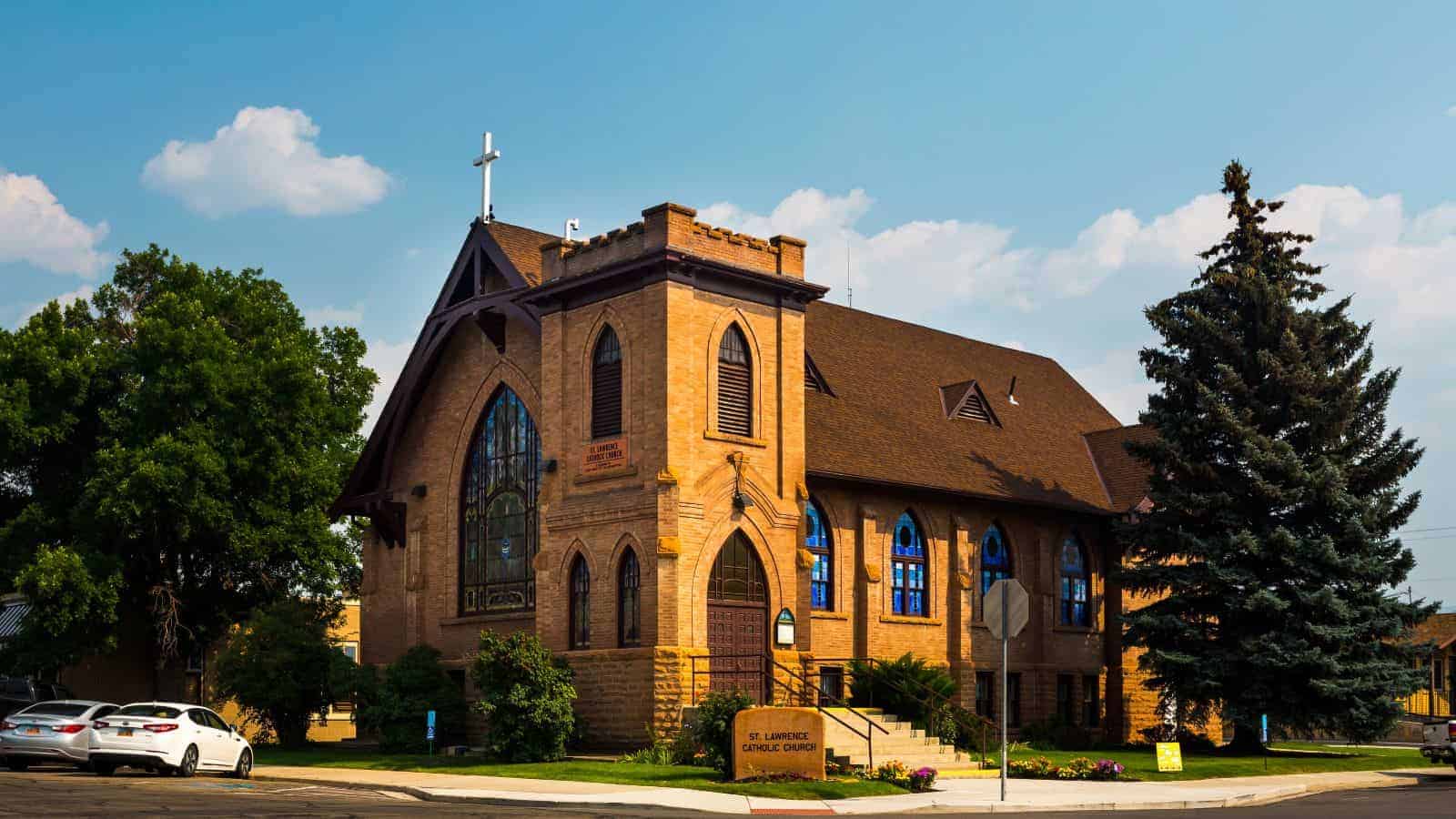
In Catholicism, Scripture, Tradition, and the Magisterium are the three sources of authority. These don’t appear in the Bible and are based on teachings passed down and developed over centuries.
The Office of the Pope
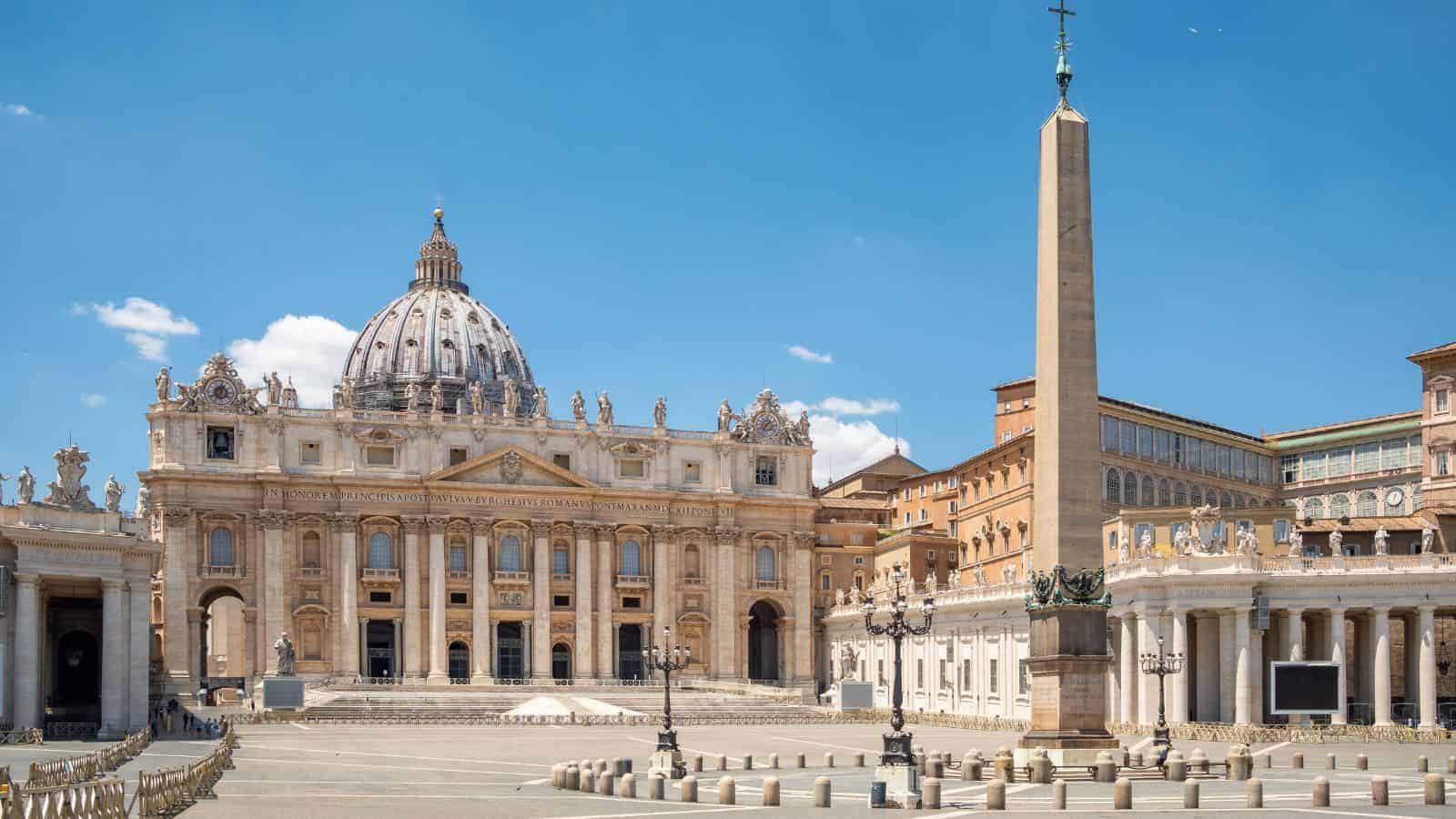
The term “pope” and the papal office have been developed over the past two millennia but didn’t appear in the Bible. The Pope is central to Catholic authority and structure as the head of the Roman Catholic Church.
Up Next: 18 Reasons Older Men Say ‘Nope’ To Relationships

Older men embrace being alone and generally prefer spending time in solitude. They’ve had a full, so don’t criticize them for being less social! The following 18 reasons explain why older men prefer to be alone and are redefining how they experience their retirement years.
18 REASONS OLDER MEN SAY ‘NOPE’ TO RELATIONSHIPS
18 Most Dangerous Cities in the World (5 Are in America)
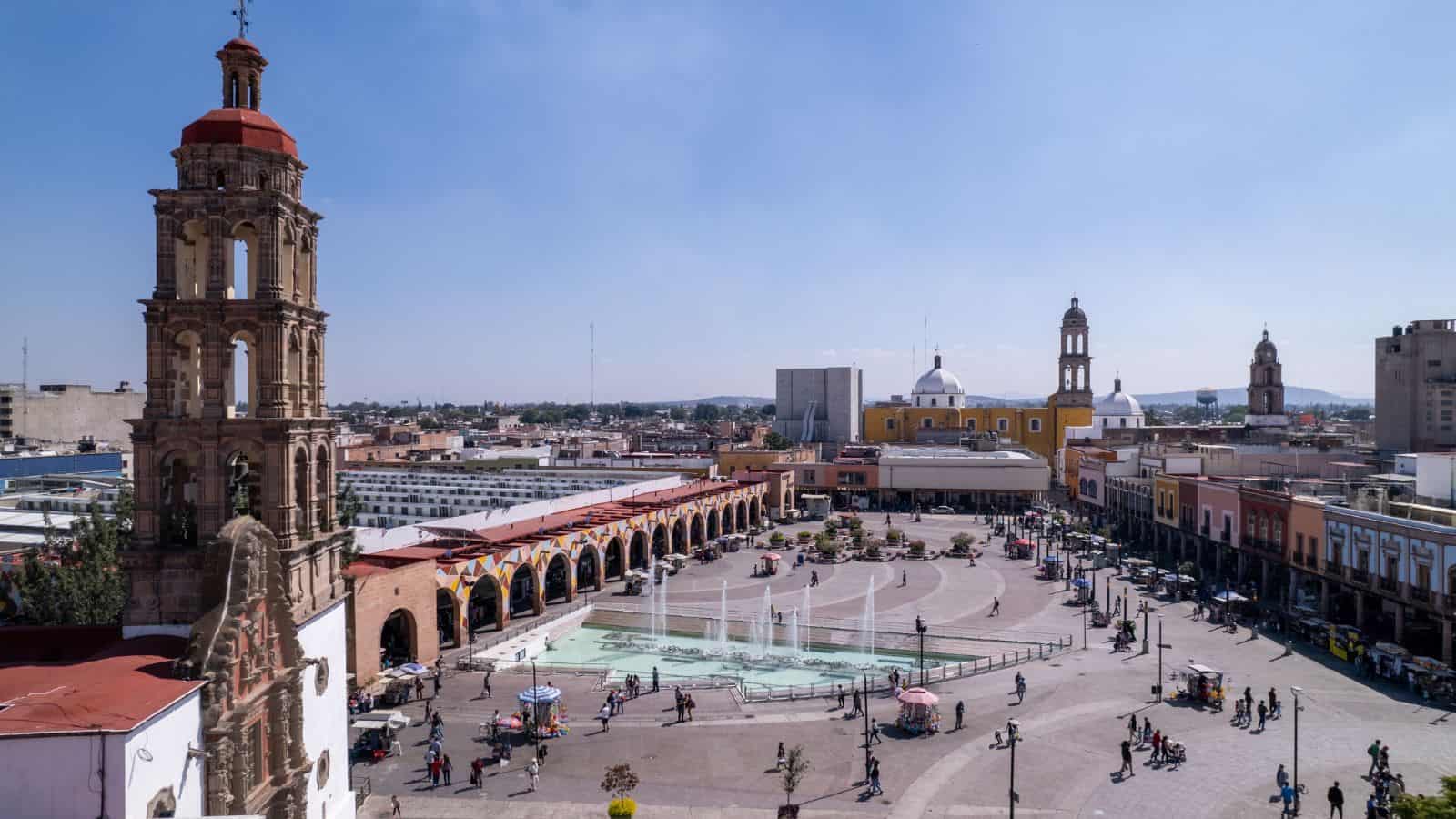
Across the globe, there are many places you don’t want to find yourself because of the crimes waiting to occur. Sometimes, even nature can be cruel to you. This is particularly the case in the following 18 most dangerous cities in the world, five of which are in America!
18 MOST DANGEROUS CITIES IN THE WORLD (5 ARE IN AMERICA)
18 Reasons You Feel Like You Don’t Belong Anywhere

Feeling like you don’t belong anywhere can feel incredibly isolating. We need companionship to keep us connected to the world, so if you’re struggling to form relationships and don’t feel that you don’t fit in, here are 18 reasons why that might be.
